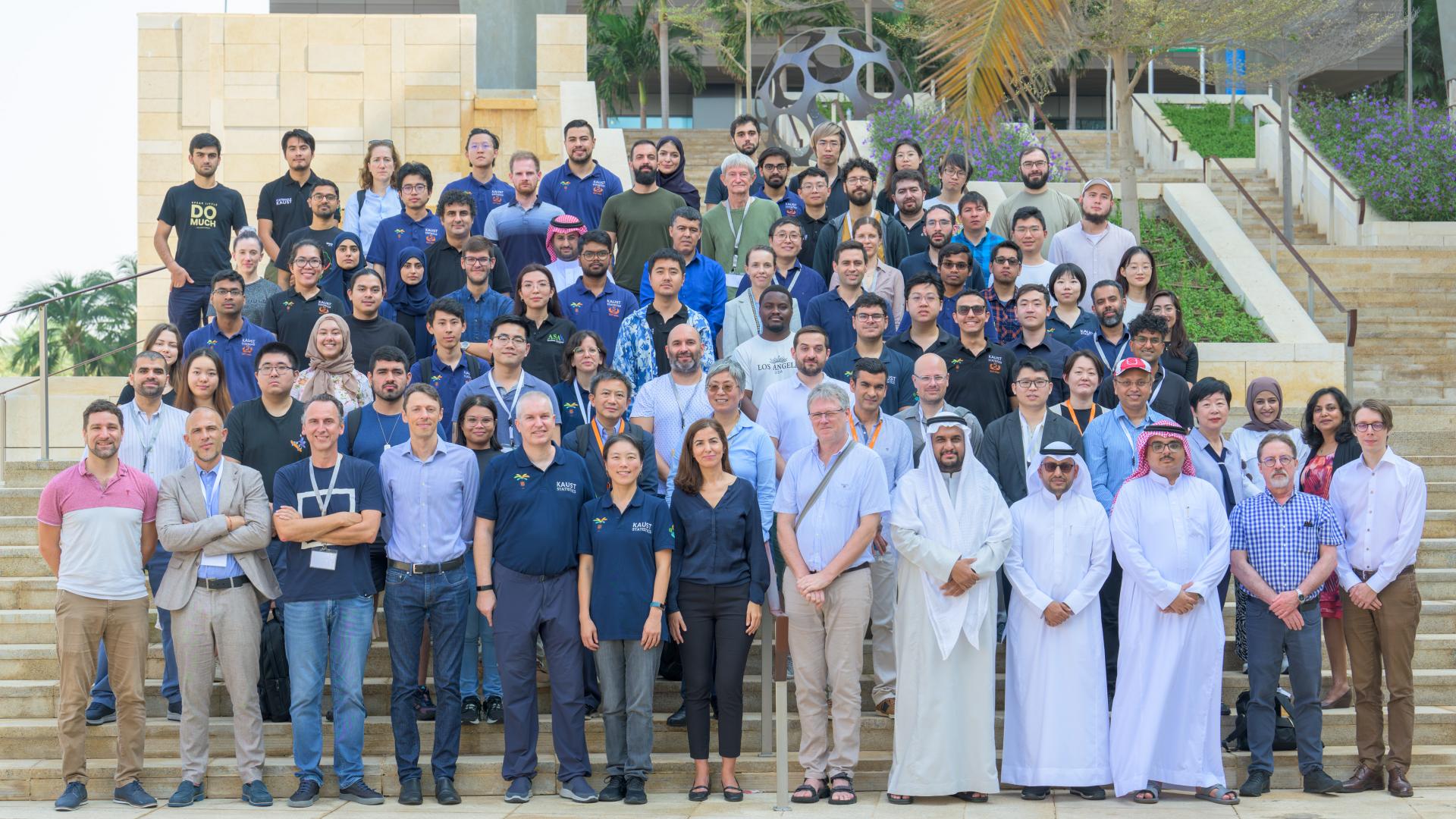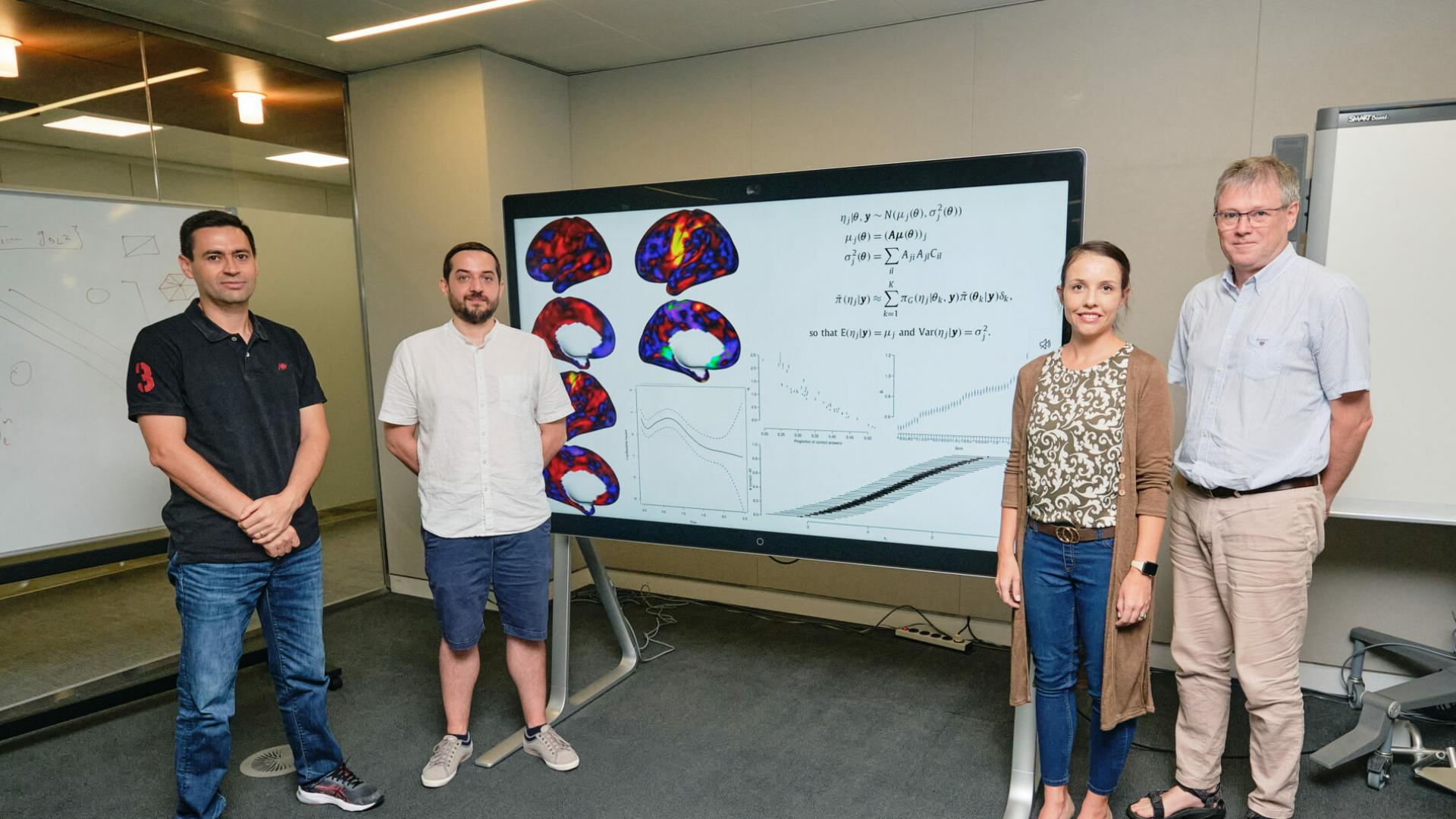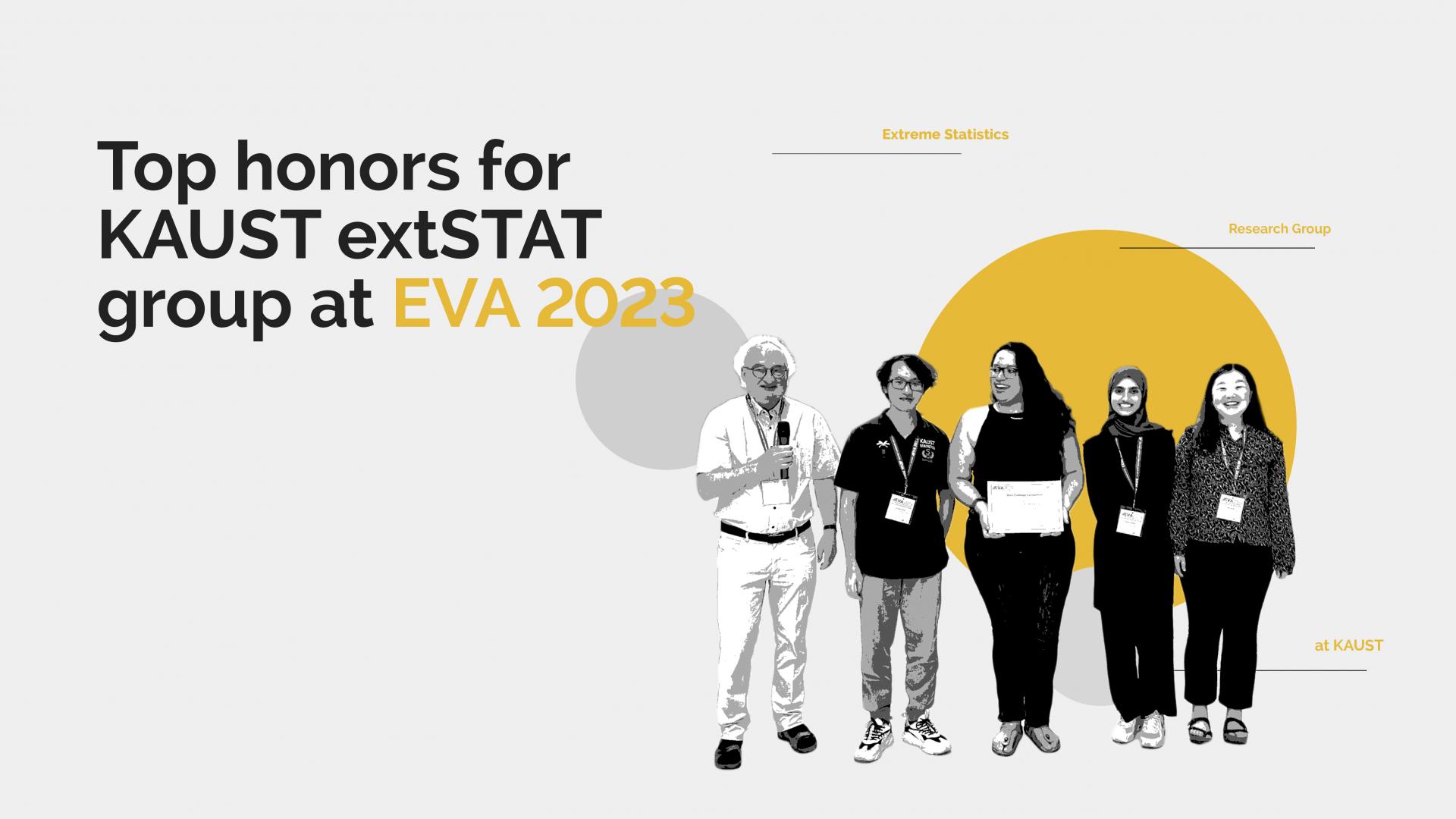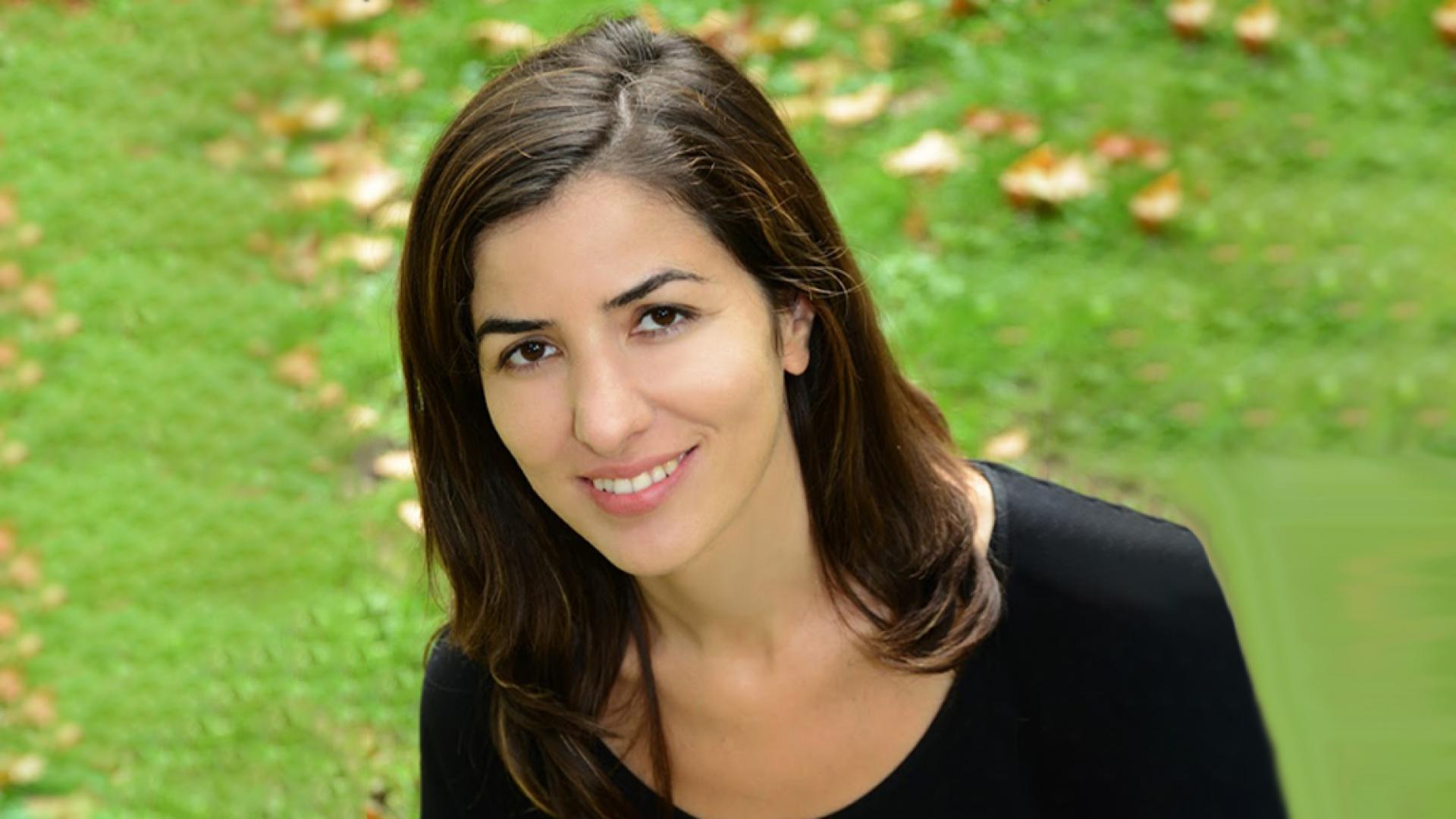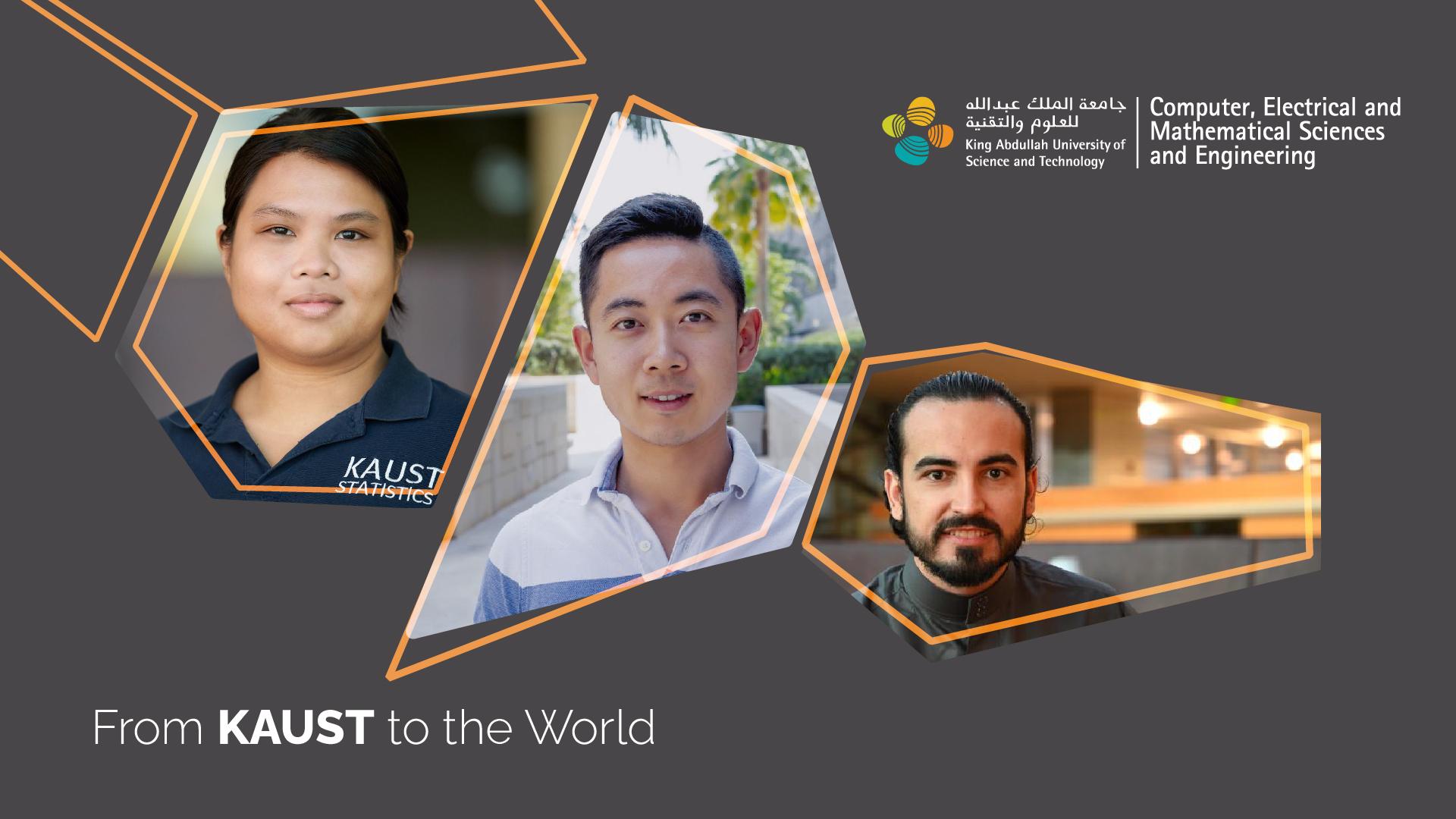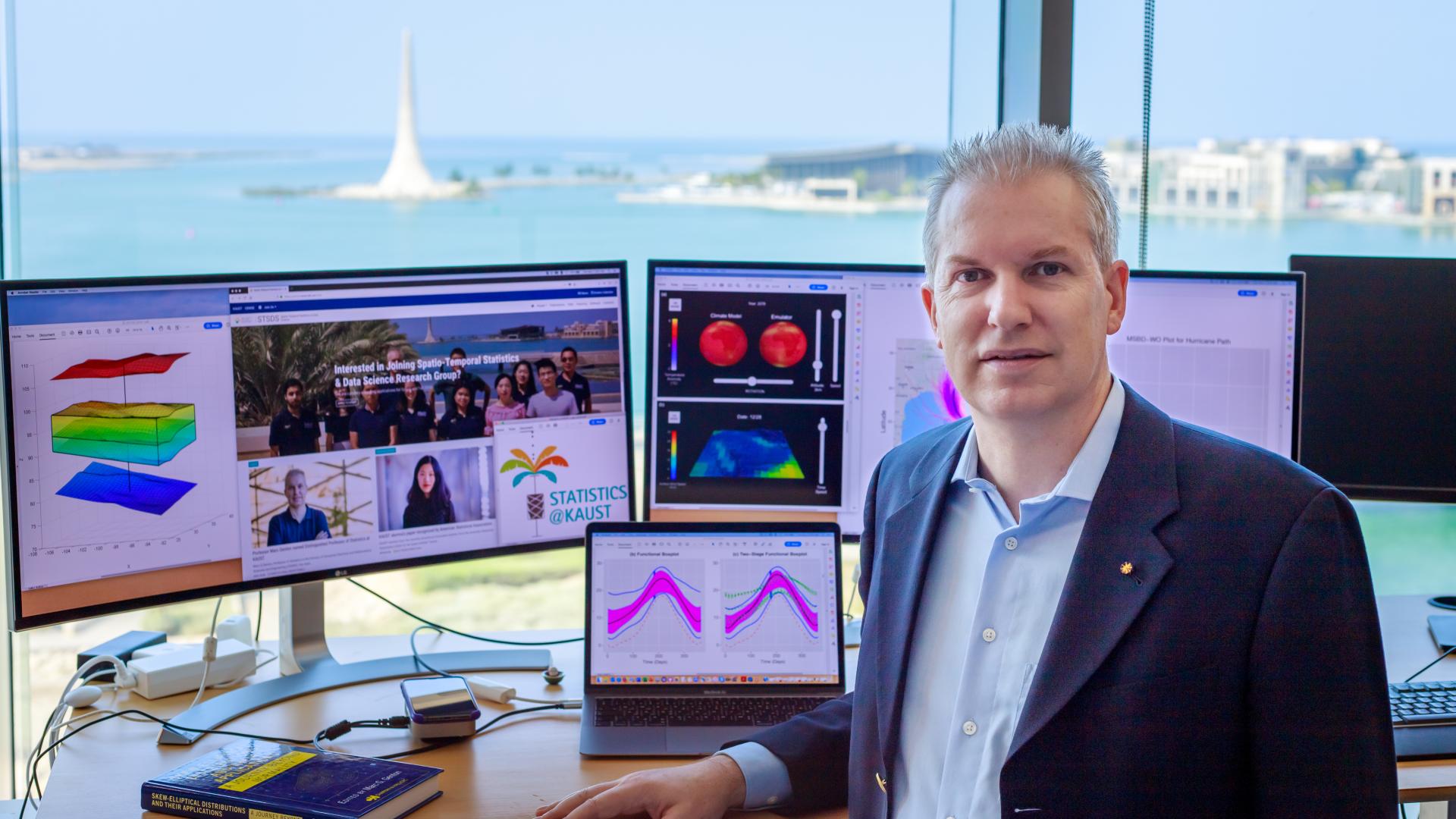A new exascale climate emulator marks a significant advancement as the first to generate, display, and evaluate hourly emulations. This achievement has led an interdisciplinary research team from KAUST to be named a finalist for the prestigious Gordon Bell Prize in Climate Modelling.
KAUST Professor Marc Genton, a pioneer in environmental statistics, was awarded the prestigious 2024 Don Owen Award for his outstanding contributions to research, consultation, and service to the statistical community.
Newly appointed to KAUST, Professor Filippone drives innovation in statistical modeling to advance sustainable solutions and address societal challenges.
A neural network-based approach offers an extremely fast and highly accurate alternative to the "gold standard" of likelihood estimation for statistical modeling of complex datasets.
The KAUST 2023 Workshop on Statistics showcased the significant impact of statistics and data science in various fields, including health, the environment, and renewable energy, emphasizing their importance in shaping a better and more sustainable future.
A "deep" many-layered neural network does the heavy lifting in calculating accurate predictions from large complex environmental datasets.
An efficiency upgrade for an already fast approximation method enables accurate near-real-time modeling of complex systems and large datasets.
Skin organoids offer a powerful platform for drug discovery in the ongoing fight against the virus formerly known as monkeypox.
KAUST extSTAT Research Group wins prestigious awards at EVA 2023 Conference in Milan.
Applying a penalty for increasing complexity provides better control over flexible statistical models.
KAUST Assistant Professor of Statistics Paula Moraga recently received the Letten Prize 2023 for Young Researchers. Established in 2018, the Letten Prize is a collaboration between the Letten Foundation and the Young Academy of Norway.
Weather variability and extreme events affect the optimal design and operation of renewable energy systems, particularly for striking a trade off between life cycle cost and carbon dioxide emissions.
KAUST graduates are characterized by the rigor of their Ph.D. programs, the long hours spent in the lab and classroom, juggling professional and personal commitments, achieving a work-life balance and, more recently, the ability to adapt to a global pandemic.
KAUST Distinguished Professor of Statistics Marc Genton has received the Royal Statistical Society’s (RSS) 2023 Barnett Award.
KAUST Ph.D. statistics student Paolo Victor Redondo was selected as a runner-up in the American Statistical Association’s (ASA) Statistics in Imaging Section 2023 Distinguished Student Paper Award Competition




